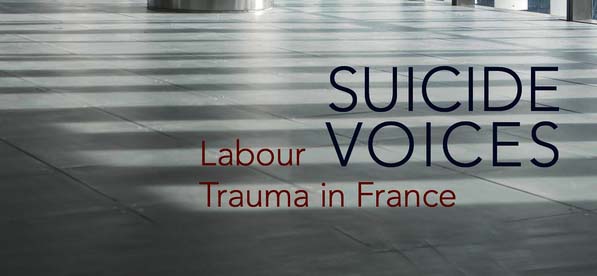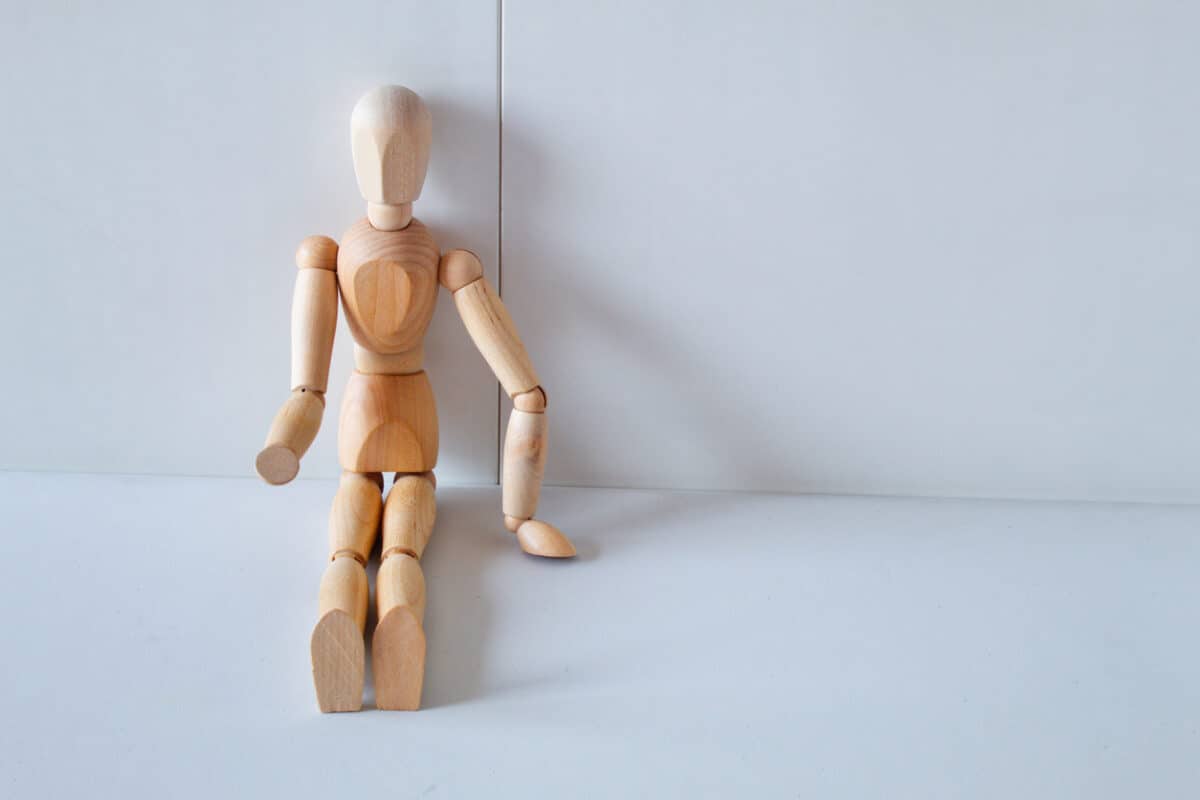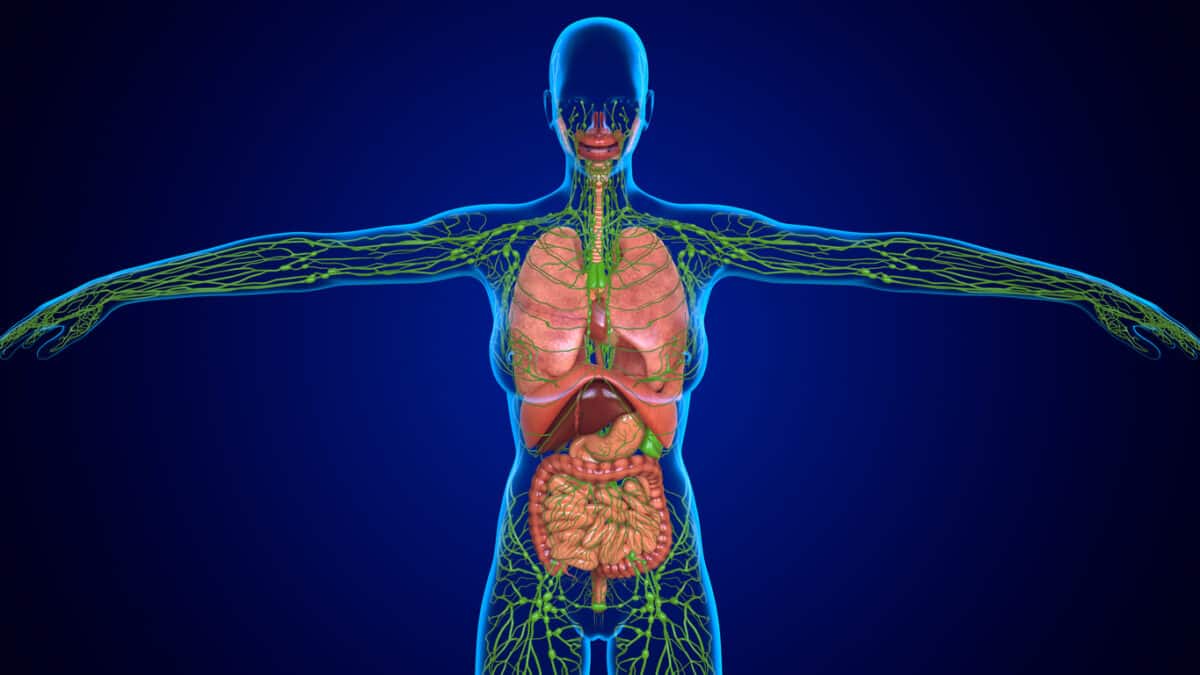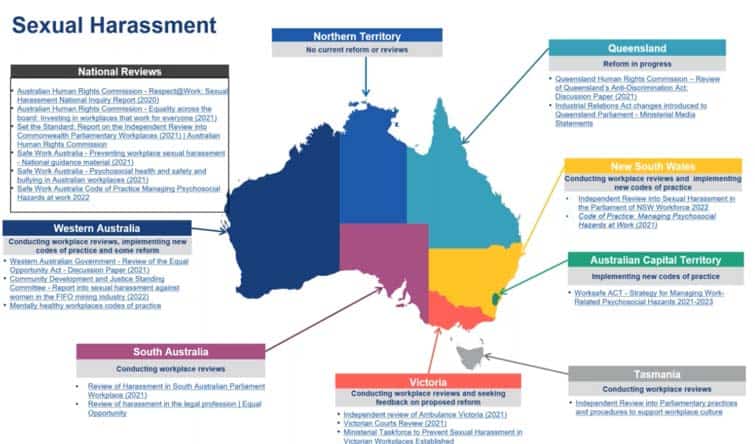On mental health, a clinical psychologist, Dr Sanah Ahsan wrote in The Guardian recently that:
“…. I’ve seen first hand how we are failing people by locating their problems within them as some kind of mental disorder or psychological issue, and thereby depoliticising their distress.”
The Guardian, 6 September 2022
This perspective, enlightened for psychologists, is an established position for the Occupational Health and Safety (OHS) advocates. But OHS advocates have been traditionally weak and sometimes timid outside of the trade union movement. Most employers will pay more attention to the OHS position on mental health when it is spoken by one of their own or by a more respected professional.







